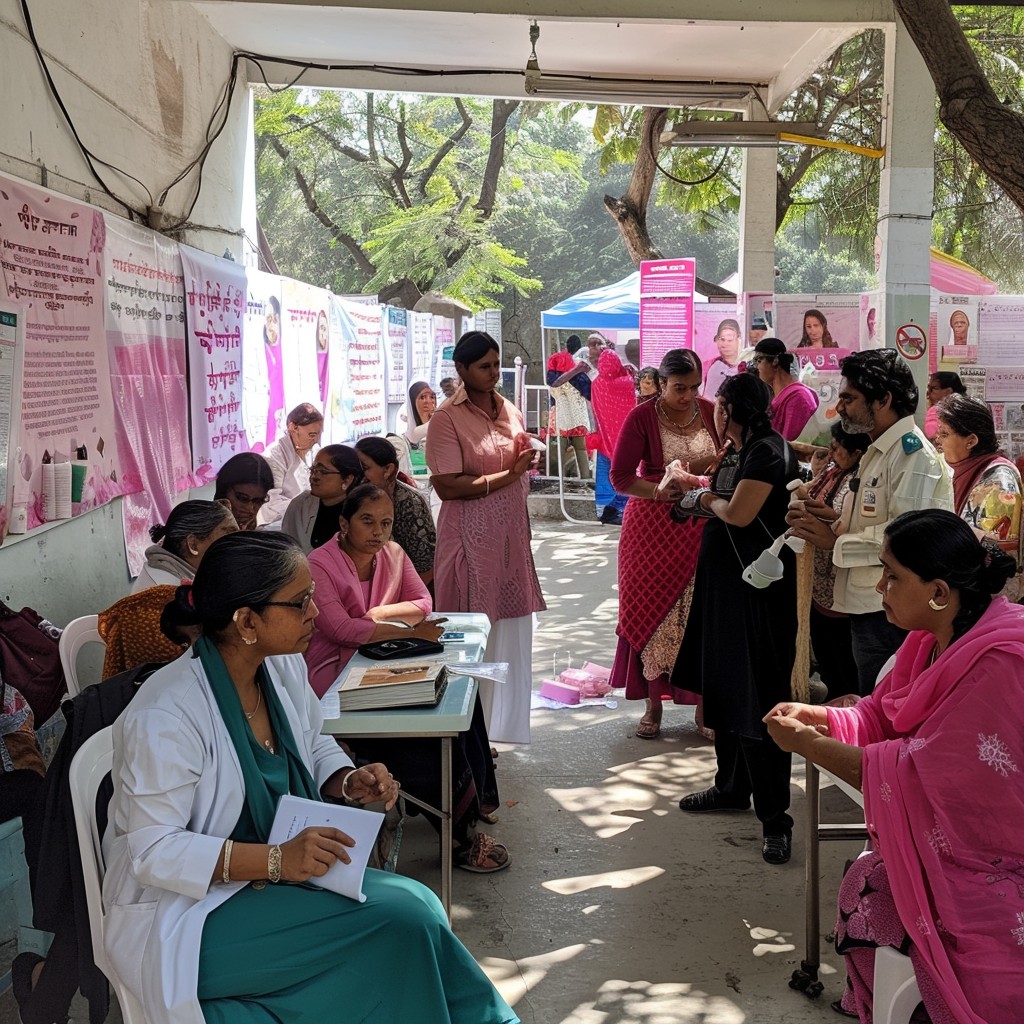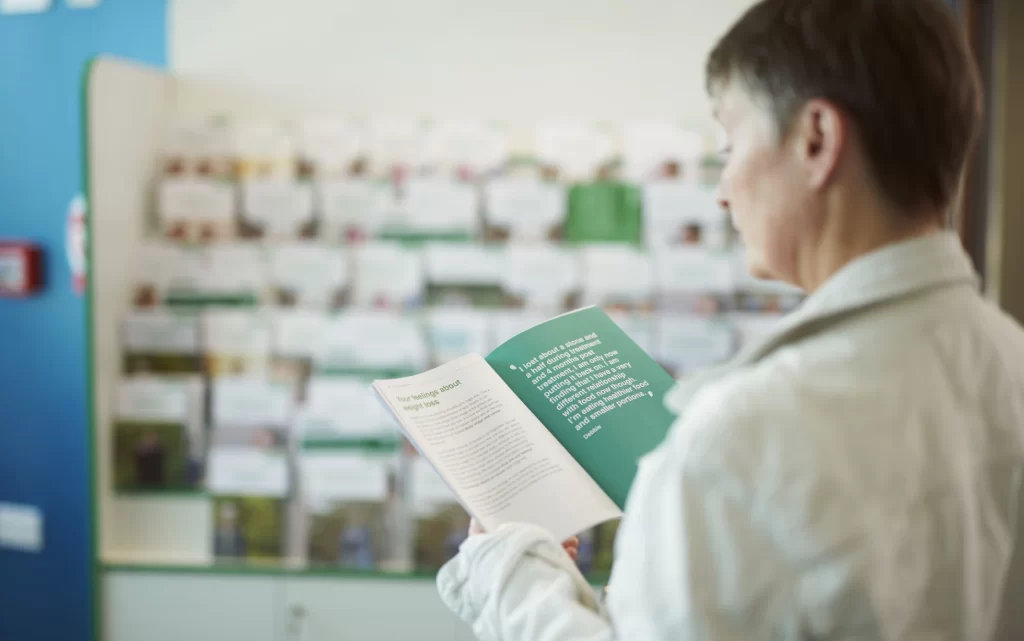
Cancer can be a life-altering experience at any age, but young adults face unique challenges when confronted with a diagnosis. This phase of life is often associated with exploration, building a career, forming relationships, and planning for the future. A cancer diagnosis can abruptly disrupt these plans, bringing a distinct set of concerns and needs. In this blog, we explore the specific issues young adults face when dealing with cancer and offer guidance on navigating this challenging journey.
The Impact on Life Milestones
Young adulthood is typically a time of significant life milestones—graduating from college, starting a career, forming long-term relationships, and considering family planning. A cancer diagnosis can complicate these experiences, leading to feelings of isolation and uncertainty.
1. *Career and Education*: Managing treatment and its side effects can disrupt education or career plans. Young adults may need to take time off from school or work, which can impact financial stability and career progression.
2. *Relationships and Social Life*: The physical and emotional toll of cancer can strain relationships and affect social life. Young adults may feel isolated from their peers, who might not fully understand the challenges of dealing with a serious illness.
3. *Fertility Concerns*: Certain cancer treatments can affect fertility, raising concerns about future family planning. It’s important to discuss fertility preservation options with healthcare providers before starting treatment.
Navigating Emotional and Mental Health
The emotional and psychological impact of cancer can be profound, especially for young adults who are in a formative stage of life. Common feelings include fear, anxiety, depression, and a sense of loss or grief.
1. *Mental Health Support*: Seeking support from mental health professionals, such as therapists or counselors who specialize in oncology, can be beneficial. Support groups specifically for young adults with cancer can also provide a sense of community and understanding.
2. *Body Image and Self-Esteem*: Cancer treatment can lead to physical changes, such as hair loss, weight changes, or surgical scars, which can affect body image and self-esteem. Open communication with partners, supportive friends, and body-positive resources can help in navigating these changes.
3. *Coping Strategies*: Developing healthy coping strategies, such as mindfulness, meditation, or journaling, can help manage stress and emotional turmoil. Physical activity, when feasible, can also be a great outlet for reducing anxiety and improving mood.
Practical Considerations
Young adults often face practical challenges that differ from those faced by older adults with cancer, including navigating the healthcare system, understanding insurance, and managing finances.
1. *Insurance and Financial Aid*: Understanding health insurance coverage, including costs of treatment and medications, is crucial. Financial counselors and patient navigators can assist in finding resources for financial aid or support programs.
2. *Living Arrangements*: Treatment may necessitate changes in living arrangements, such as moving back in with family or relocating closer to a treatment center. This can be a significant adjustment, both practically and emotionally.
3. *School and Work Accommodations*: Communicating with educational institutions or employers about the need for accommodations, such as flexible scheduling or medical leave, is important for balancing treatment with other responsibilities.
Building a Support Network
A strong support network can make a significant difference in managing the challenges of cancer as a young adult.
1. *Family and Friends*: Open communication with loved ones can provide emotional support and practical help. Don’t hesitate to express your needs and let others know how they can assist you.
2. *Peer Support*: Connecting with other young adults who have experienced cancer can provide valuable support and a sense of camaraderie. Organizations and online communities dedicated to young adult cancer survivors can be great resources.
3. *Professional Support*: Engaging with a multi-disciplinary team, including oncologists, social workers, and mental health professionals, can provide comprehensive care tailored to the unique needs of young adults.
Looking Ahead: Hope and Resilience
While a cancer diagnosis can be a daunting and life-changing experience, many young adults find that it also brings unexpected strengths and new perspectives.
1. *Resilience and Growth*: Facing cancer can foster resilience and personal growth. Many young adults discover a deeper sense of purpose, new passions, or a redefined sense of priorities.
2. *Long-Term Survivorship*: As survivorship rates improve, more young adults are living long and fulfilling lives after cancer. It’s important to stay informed about follow-up care and long-term health monitoring.
3. *Advocacy and Awareness*: Some young adults choose to become advocates for cancer awareness, support research, or help others navigate their own journeys. Sharing your story can be a powerful way to make a positive impact.



